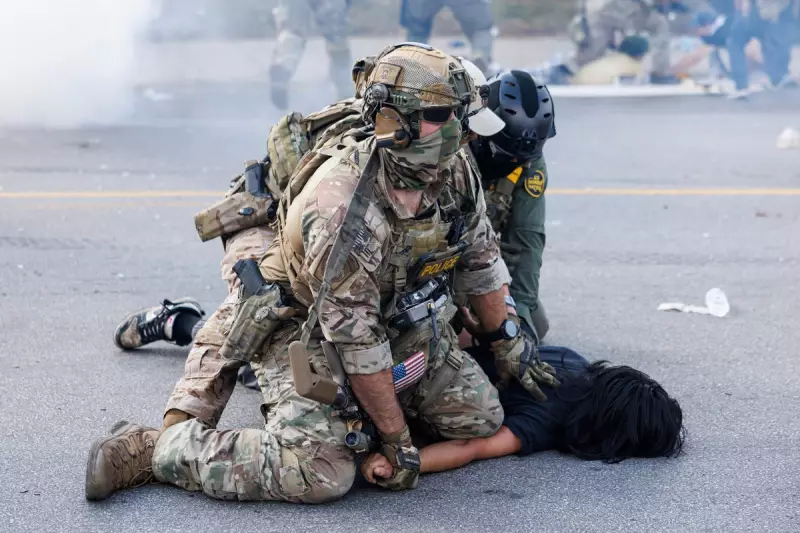
In a dramatic political standoff that has captured national attention, Illinois Governor J.B. Pritzker has publicly rejected pressure from the Trump administration to deploy National Guard troops to combat Chicago's ongoing crime crisis.
The confrontation emerged after former President Donald Trump's campaign team issued statements criticising Chicago's crime rates and suggesting federal intervention was necessary. However, Governor Pritzker firmly pushed back against what he characterised as political posturing from the Trump camp.
A Firm Rejection
"We're not going to federalise the National Guard," Pritzker stated unequivocally during a press conference. The Democratic governor dismissed the proposal as "more of the same" from Trump, suggesting it represented outdated approaches to urban crime that have proven ineffective in the past.
The governor's office revealed they had received communications from Trump-affiliated officials advocating for military-style intervention in Chicago. Pritzker's team responded with a firm rebuke, emphasising their commitment to local solutions rather than federal military presence on city streets.
Political Tensions Escalate
This exchange represents the latest chapter in the ongoing political battle between Trump loyalists and Democratic leaders in urban centres. Chicago has frequently found itself in Trump's crosshairs, with the former president repeatedly criticising the city's crime statistics and leadership.
Pritzker didn't mince words in his assessment of Trump's motives, suggesting the proposal was less about public safety and more about political theatre. "This is about Donald Trump trying to score political points," the governor asserted, positioning the conflict as emblematic of broader national divisions.
Local Solutions Preferred
Rather than military deployment, Pritzker emphasised his administration's focus on comprehensive approaches to crime reduction, including community policing, economic investment, and social programs. The governor stressed that sustainable public safety requires addressing root causes rather than relying on temporary military presence.
This stance aligns with Pritzker's previous positions on criminal justice and reflects growing skepticism among Democratic leaders about militarised responses to urban crime. The governor's firm rejection signals a continuing resistance to Trump-era law enforcement strategies among blue-state leadership.
As the 2024 political landscape takes shape, such confrontations between Trump-aligned figures and Democratic governors are likely to intensify, with urban crime and law enforcement approaches becoming increasingly central to national political debates.





